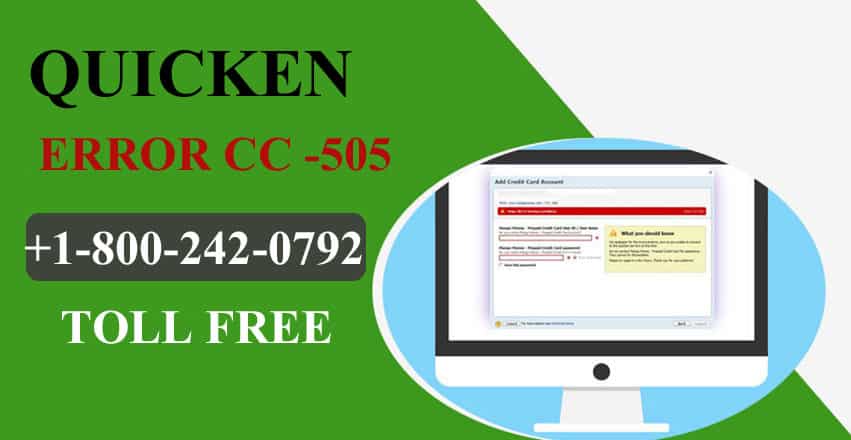
If you’re using QuickBooks Pro 2004 or the earlier version, we don’t have the download file available for you, if it’s available, we’ll update this post on the same day. Open QuickBooks > File menu > Update QuickBooks Open QuickBooks > Help menu > Update QuickBooks List to Download the Old QuickBooks Pro Version (2005-2016) QuickBooks Version

Important: Also, if you need to locate the license or product number for QuickBooks, please visit Intuit secure locator they have got a permanent record of your past products. You can contact the official QuickBooks support team to recover the account.

If you’re not sure about the registered information (Email or Phone number) on the old QuickBooks.You can download the QuickBooks Pro 2005 to 2016 using this article.Click for Premier, Enterprise, or Mac versions. This post only includes the list of old QuickBooks Pro versions.Login to your Intuit Customer Account Management Portal to download the old version of QuickBooks.It’s recommended to download the old product directly from the Intuit Website, if not available then you can use the below download links.I never found an elegant way make NetworkManager assign a particular MAC address to the first/only Ethernet adapter on whatever system my disk happened to boot on. I also realized I may be able to solve my particular problem by reconfiguring my DHCP server to assign IP addresses based on system names, rather than MAC addresses. I also started configuring the network on most of my systems via systemd-networkd, rather than NetworkManager or netplan. ( systemd-networkd may be better, but still has flaws IMO.) Finally, I am no longer confident that my update is correct. In other words, a default install of Ubuntu (maybe 19.10?) may no longer include the ifupdown package. (Note: As of Feb 2020, I suspect this paragraph may be incorrect and/or out of date.) This week I installed the desktop version of Ubuntu 19.04. It appears the package ifupdown is installed by default on Ubuntu 19.04. (Yay!) Therefore, this question probably only applies to Ubuntu derivatives that have chosen to exclude the ifupdown package from their default install.

And the question probably does not apply to Ubuntu itself. For this and other reasons, I expect I will prefer vanilla Ubuntu over any of its derivatives on all my future installs. In the (distant?) past, I could assign a MAC address to a network interface by adding the following stanza to to /etc/network/interfaces: auto eth0Īs of Lubuntu 18.04, this no longer works (because the ifupdown package is not installed by default).


 0 kommentar(er)
0 kommentar(er)
